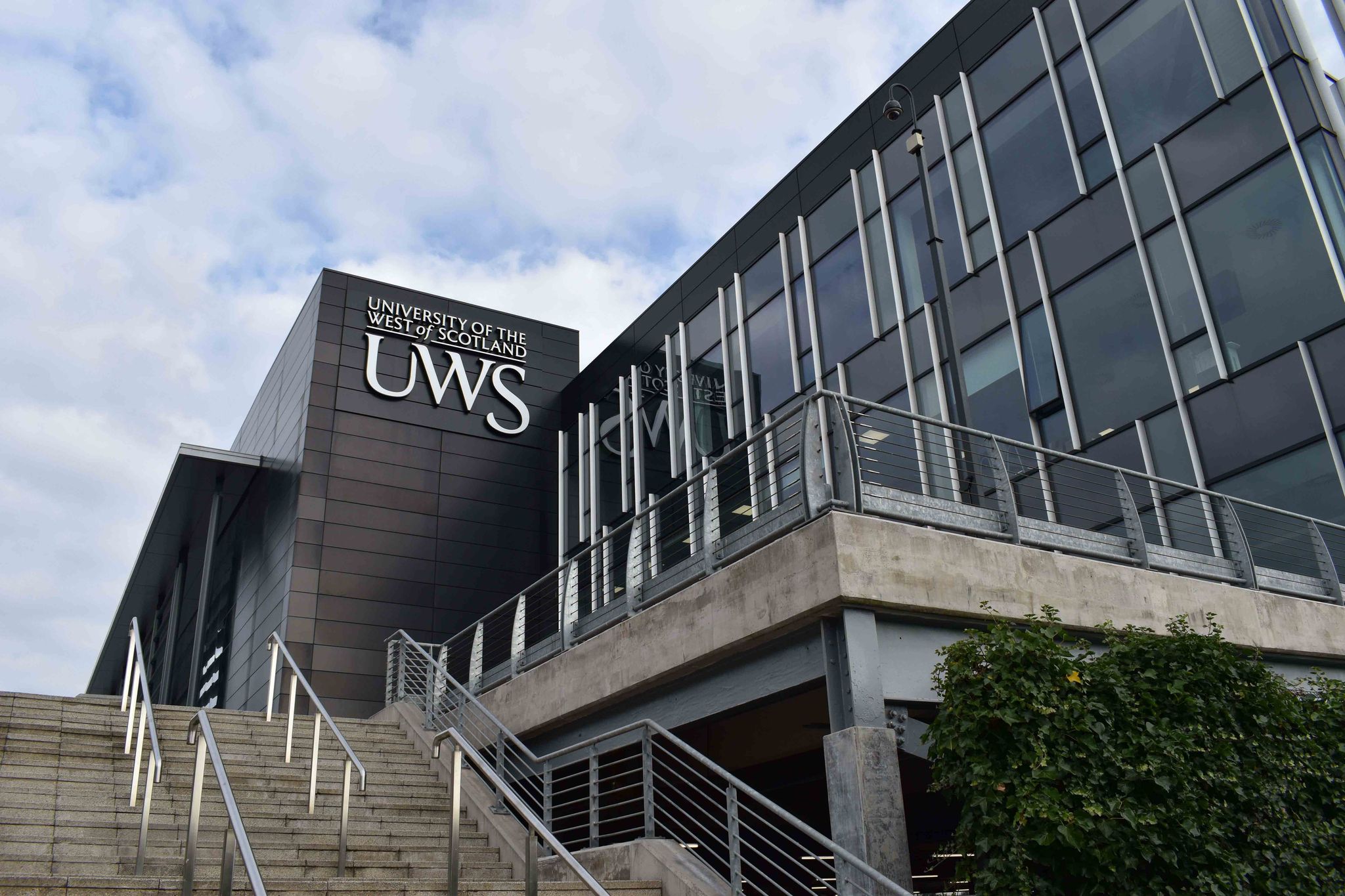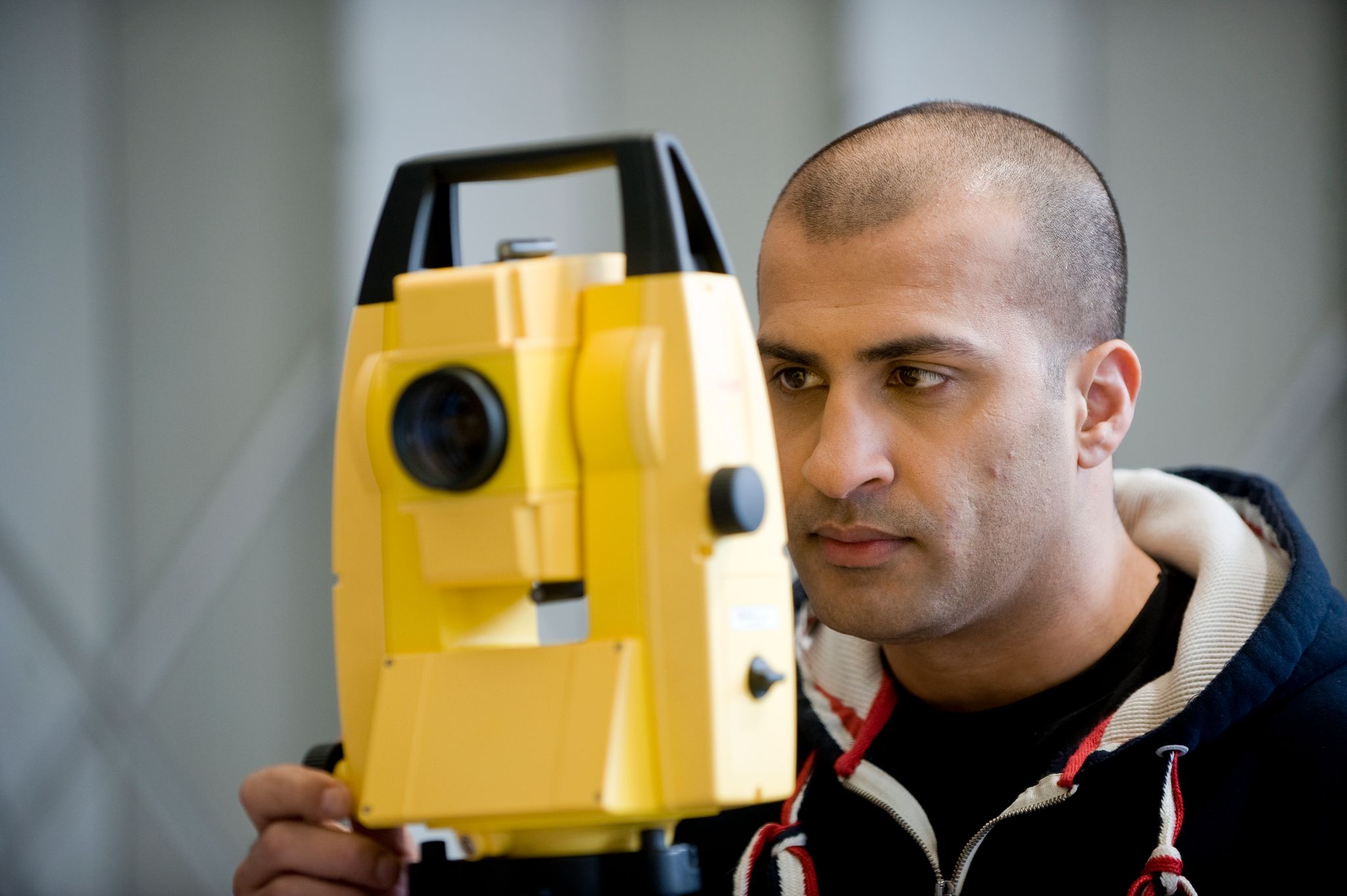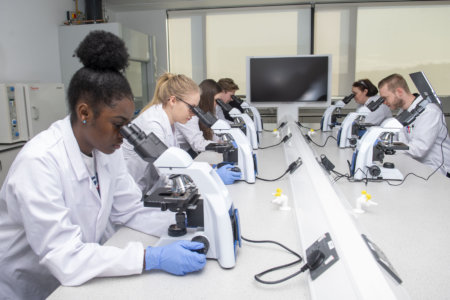Some of our world’s most prominent engineers were produced in Scotland — and so were their innovations. Alexander Graham Bell created the first functional telephone. William Murdoch was the first to use coal gas for illumination. John Logie Baird demonstrated the first working TV system. Thomas Telford built many iconic structures like the Menai Suspension Bridge and the Caledonian Canal. Sandford Fleming promoted worldwide standard time zones.
Tomorrow’s engineers are welcome to pioneer the next big thing while enjoying the same inspiring surroundings of the great men and women before them. In fact, the University of the West of Scotland’s (UWS) School of Computing, Engineering and Physical Sciences guarantees a warm welcome to those who would like to do so. The university’s campuses are located within historic towns just a stone’s throw away from Scotland’s booming cities of Glasgow and Edinburgh. They have a campus in London too.

The UWS Paisley Campus is home to around 10,000 students. Source: University of the West of Scotland
From these expansive bases, the school leverages over 100 years’ experience to offer a broad, diverse range of career-focused postgraduate degree programmes — each of which is filled with valuable insights from its many strong links to industry, professional bodies and other esteemed institutions.
They are all vocationally relevant, but as far as engineering courses go, the line-up comprises programmes designed to consider and anticipate current and future industry needs. Hence, their unique ability to guarantee optimum employability.
Take the MSc Mechanical Engineering, for instance. Delivered from the centre of Paisley, this programme nurtures professionals capable of functioning in an advanced engineering environment as senior engineers or managers. To prepare them for such responsibility, it deepens and widens their knowledge and understanding of mechanical engineering specialist topics while helping them develop interpersonal and transferable skills.
The theoretical element of the course focuses on advanced mechanical engineering subjects such as advanced materials including composites, advanced heat transfer, advanced fluid mechanics and CFD, Applied Finite Element Analysis, as well as structural integrity. The opportunity to specialise comes along later on, presenting students with the opportunity to explore specific subjects in greater detail through a master’s dissertation.
Students keener on gaining a place at the forefront of producing clearer energy and satisfying human needs — in an environmentally friendly, sustainable and socially responsible manner — should consider the MSc Chemical Engineering.
This programme upgrades technical capabilities and provides advanced knowledge in the field of chemical and process engineering to those looking to add value to thriving industries such as pharmaceuticals, food and drinks, clean energy, environmental waste management, oil and gas, petrochemicals, cosmetics, consumer products, agrochemicals, or research and development.
Core modules curated to guarantee these outcomes include: Process Design and Safety; Multiphase and Biochemical Reactors Design; Advanced Fluid Mechanics and CFD; Advanced Heat Transfer; Renewable Energy and Energy Storage Systems; Separation Processes; Project Management; as well as Research Design and Methods. Of course, students on this route are also welcome to specialise through an MSc dissertation module.
Meanwhile, MSc Civil Engineering students explore the design, construction, and maintenance of the built environment, including infrastructure projects such as roads,
bridges, dams, airports, sewerage systems, pipelines, and railways. The programme is highly technical and designed to provide the knowledge and skills needed to support the delivery of construction projects while championing the importance of preserving our natural environment.

UWS’s student body represents 70 nationalities. Source: University of the West of Scotland
The combination ensures students will be able to achieve the competencies needed to climb the ranks within consulting and contracting organisations — both of which require the know-how to take civil engineering projects from initial conception to delivery. Such capabilities put them in the right position to satisfy the learning requirements for Chartered Engineer (CEng) status too.
Experiential lessons ensure this level of success. Through a Scheme Design, students develop a brief and present a conceptual design. Meanwhile, at the Project Design state, students provide a detailed proposal under the assistance and guidance of lecturing staff and industrial expertise. The MSc Dissertation exposes them to existing staff research, which covers construction management, digital technologies, sensor technologies, hydromechanics, concrete research and structural engineering. Upon gaining inspiration, students undertake an individual research project based on a topic of their choosing.
The School of Computing, Engineering and Physical Sciences also offers an MSc Project Management and an MSc Quality Management. Each programme is delivered in vibrant classrooms and state-of-the-art laboratories equipped with advanced equipment. Within these spaces, expert educators share valuable insights — many of which are drawn from collaborative working relationships with esteemed organisations such as IBM, NASA, Rolls Royce, BAE Systems, GlaxoSmithKline, Barr Construction, Arup, BP Oils Ltd., CERN and Network Rail.
With UWS’s strong emphasis on career-readiness, it’s hardly surprising why 96% of all UWS students are in work and/or further study six months after graduating, according to the HESA performance indicator 2016/17. If you’d like to be one of them, click here to apply to the School of Computing, Engineering and Physical Sciences.
Follow the University of the West of Scotland on Facebook, Instagram, Twitter and Youtube.












